Contrary to the Trump administration’s peace plan with the Taliban, al-Qaida is more embedded in the Afghan Taliban than ever. The Taliban have not renounced their alliance with al-Qaida. The maintenance of the alliance also raises disturbing questions about Pakistan’s role in sponsoring the Taliban war against the United States and NATO.
The United States and its allies intervened in Afghanistan 19 years ago because the Taliban, led by Mullah Omar, would not hand over Osama bin Laden to face justice for the 9/11 attacks. Al-Qaida was a state within the state of Afghanistan, with its own license plates and airport entrances, as well as control of numerous camps and training bases.
Under the so-called peace agreement signed with the Taliban by the Trump administration (but not by the government in Kabul), the Taliban is supposed to guarantee that the territory it controls is not used for international terrorism against the U.S. and its allies. To do so, presumably the Taliban would shut down the al-Qaida infrastructure in their territory.
The United Nations issued a report this month on the state of the Taliban and their relationship with al-Qaida. The U.N. monitors who prepared the report have a well-deserved reputation for excellent scholarship on the war and the Taliban.
They report that “al-Qaida has been operating covertly in Afghanistan while still maintaining close relations with the Taliban.” Indeed al-Qaida is “quietly gaining strength in Afghanistan while continuing to operate with the Taliban under their protection.” The terrorist group is active in 12 Afghan provinces, mostly along the border with Pakistan.
According to the U.N., the senior leadership of al-Qaida and the Taliban meet regularly. The U.N. is aware of at least six such meetings in the last year. One included Hamza bin Laden before his death. The Emir of al-Qaida, Ayman al-Zawahri met with senior leaders of the Taliban from the Haqqani network in February, a very rare report of the most-wanted man in the world holding an audience, apparently in Pakistan.
A joint U.S.-Afghan military operation last September killed the leader of al-Qaida’s India cell and its courier to Zawahri in Helmand province. They were being sheltered by the Taliban, which also lost fighters killed in the operation.
The U.N. estimates that al-Qaida has around 500 armed operatives in Afghanistan and Pakistan. There are “deep personal ties (including through marriage)” between the two groups that date back decades. The reports bottom line is that the “Taliban appear to have strengthened their relationship with al-Qaida rather than the opposite.” The notion of a break in their relationship is “mere fiction,” in the words of one U.N. member state.
Other terrorist groups are also embedded with the Taliban in Afghanistan. Lashkar e Taibi and Jaish Muhammad are two Pakistan-based groups that target India. They have over 1,000 fighters in Afghanistan, co-located with the Taliban. Both have long-standing ties to the Pakistani intelligence service, the Inter-Services Intelligence (ISI). Central Asian and Uighur terror groups are also present with the Taliban.
The U.N. report does not address Pakistan’s own role with the Taliban. Pakistan has been the Taliban’s base and sanctuary since 2001 and was its key supporter before 9/11. It has never broken ties. Mullah Omar passed away in Pakistan. The groups senior leadership are based in Quetta. The Haqqani network is especially close to the ISI.
The report does say the Taliban have no problems “with respect to recruitment, funding, weapons or ammunition,” an implicit indication of the extent of Pakistani support. They also fund raise in the Gulf states. Omar’s successor was a frequent visitor to Abu Dhabi and Bahrain. The Taliban is also deeply involved in drug trafficking.
A decade ago, I prepared a report for the new Obama-Biden administration on Afghanistan and Pakistan. The U.N. report is hauntingly familiar in its conclusions. The good news is that al-Qaida has been severely degraded in the last 10 years. Osama bin Laden was brought to justice hiding in Abbottabad, the home of Pakistan’s military academy. The bad news is the Taliban is still in bed with al-Qaida, and Pakistan is still the Taliban’s sponsor.
The question is: Will the Trump administration ignore the facts about the Taliban and al-Qaida and proceed with the withdrawal of American troops and other personnel from Afghanistan, as outlined in the plan signed with the Taliban? Instead, it should re-evaluate the engagement with the Taliban, perhaps suspending it until they take action to address the al-Qaida threat. The next administration will need to do a thorough review of policy fully engaging with the Kabul government.
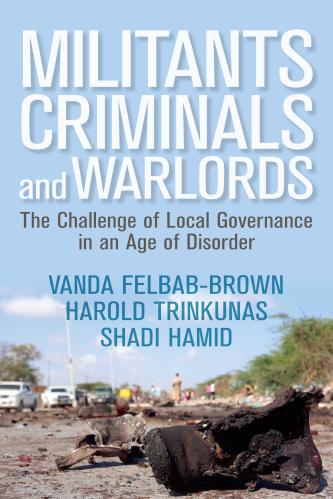

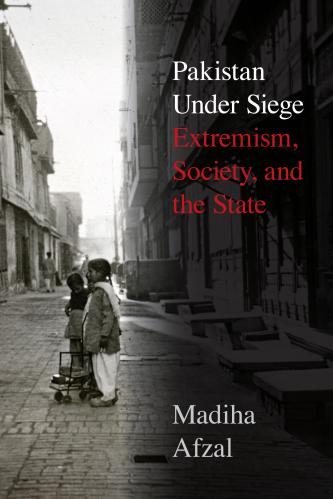
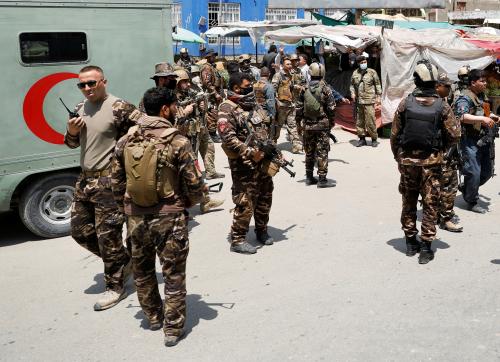
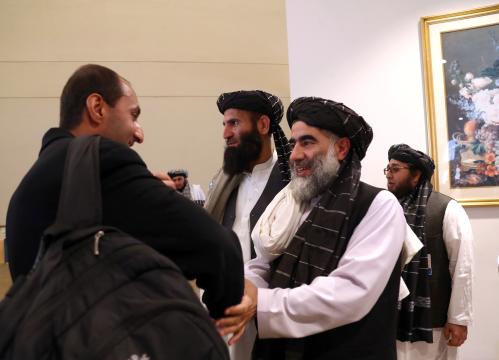
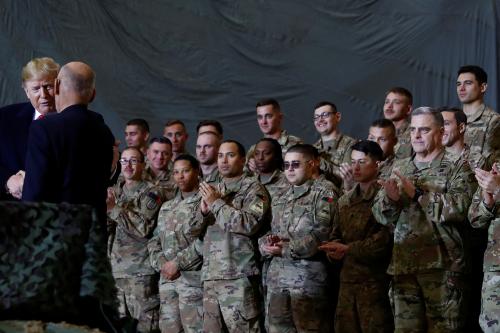

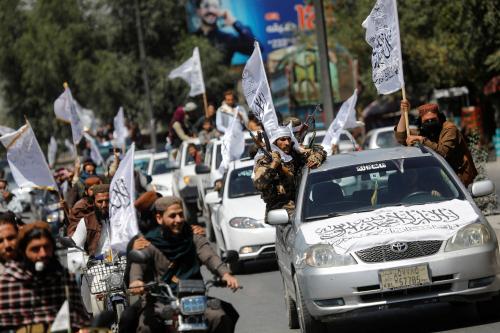
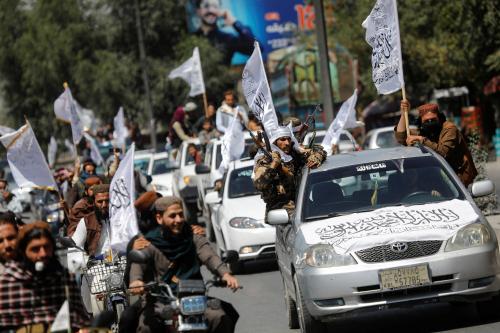
Commentary
The U.N. exposes the limits of the Trump peace plan with the Taliban
June 8, 2020